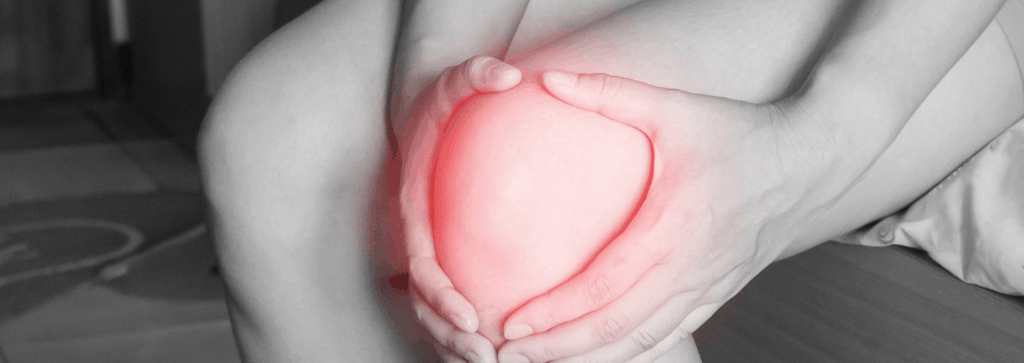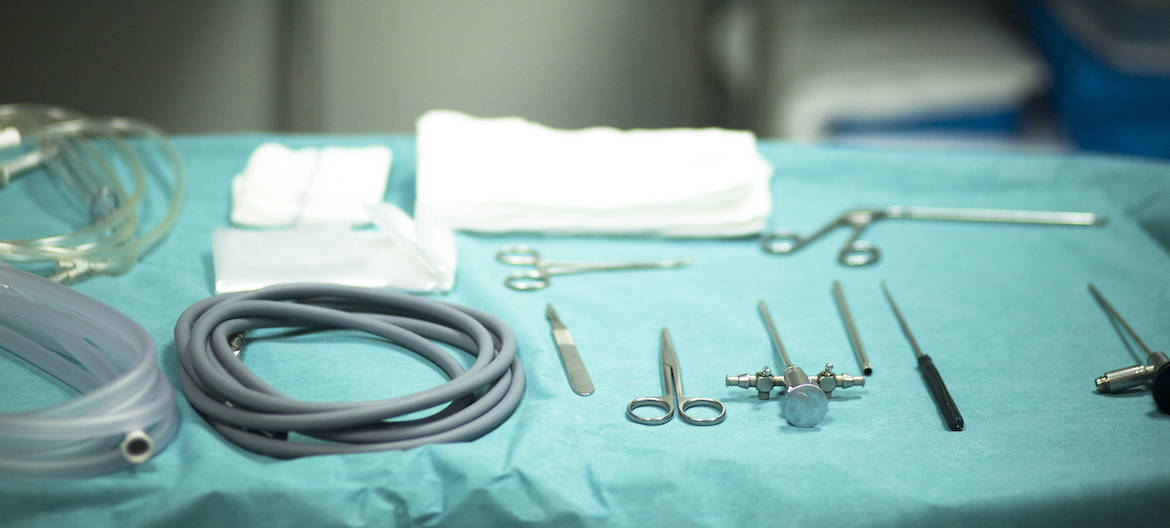Tendons and pain. You might think that it is pretty straightforward.
If there is something on diagnostic ultrasound that shows that your tendon has some ‘changes’, that is will be painful.
However (and not surprisingly if you have been following any of our blogs) this isn’t the case.
By the way, ‘changes’ is a term that is used to describe anything that is different to ‘perfect’, regardless of if it is a normal age-related change. And who is perfect?
Are ‘changes’ in tendons associated with pain?
Yes, most painful tendons have tissue ‘changes’ (pathology) (Rio et al 2014)
But a lot of tendons that have pathology are NOT painful. I know, right?
In other words, asymptomatic pathology is common.
You cannot tell if an individual has pain based on their scans alone.
Let that sink in a bit!
You cannot tell if an individual has pain based on their scans alone.
Does tendon pathology predict future pain?
The answer to this question is ‘yes’, but the increased risk is small.
In a study of 100 athletes with asymptomatic pathology (some kind of changes on ultrasound but no pain), 15-20 developed pain over the next two years (McAuliffe et al 2016)
But you can’t predict who that is going to be, so it isn’t possible to try and manage the risk.
Is tendon pathology associated with prognosis?
If you have better looking scans, are you more likely to do well? Or conversely, if you have really bad scans, are you more likely to do badly?
And there is limited evidence to suggest any association.
This is kind of good news – just because you have loads of pathology, it doesn’t mean that you are destined to get a bad outcome.
Originally it was thought that there was a closer relationship between the vessels and the nerves and pain, but this shows that it isn’t the case.
In a study of 127 Achilles patients, the Doppler images showing the vessels in the tendon did not show are relationship between vessels and pain (de Jonge 2013)
You have tendon pathology – get over it!
Pathology probably leads to irreversible changes in the tendon.
Pain is not clearly related to this so there is no value focussing on the pathology as a result.
Instead, the key is to target two key factors:
- load tolerance of the tendon and
- what you believe and understand about what is happening.
Load tolerance might be easier to understand, but why talk about what you believe?
Imagine you find out that you have a tendon that looks a bit tatty on a scan. If you are thinking that is important to your outcome, it is hard to do what you need to do and really commit to it.
The same applies if you are thinking that that it is inflammed or that you need ultrasound / stretches / tablets / rest etc to make it better.
This is why we have produced our guide on ’25 Tendon Facts’ – if you understand your tendon pain, you have a much better chance of doing well!
If you have tendon pain, why not give us a call and have a chat with one of our physios. You have nothing to lose! You can find out if we have the skills to help you, and you might get some good tips so you can get started!
Call us on 8356 1000, book a time online , or even message us on Facebook Messenger at m.me/AdelaideWestPhysio.
References
De Jonge et al. Scand J Med Sci Sports (2013) Relationship between neovascularization and clinical severity in Achilles tendinopathy in 556 paired measurements 2014 24(5):773-8. https://doi.org/10.1111/sms.12072
McAuliffe S, McCreesh K, Culloty F, et al. Can ultrasound imaging predict the development of Achilles and patellar tendinopathy? A systematic review and meta-analysis Br J Sports Med 2016; 50:1516-1523.
Rio, E., Moseley, L., Purdam, C. et al. The pain of tendinopathy: physiological or pathophysiological? Sports Med (2014) 44: 9. https://doi.org/10.1007/s40279-013-0096-z















